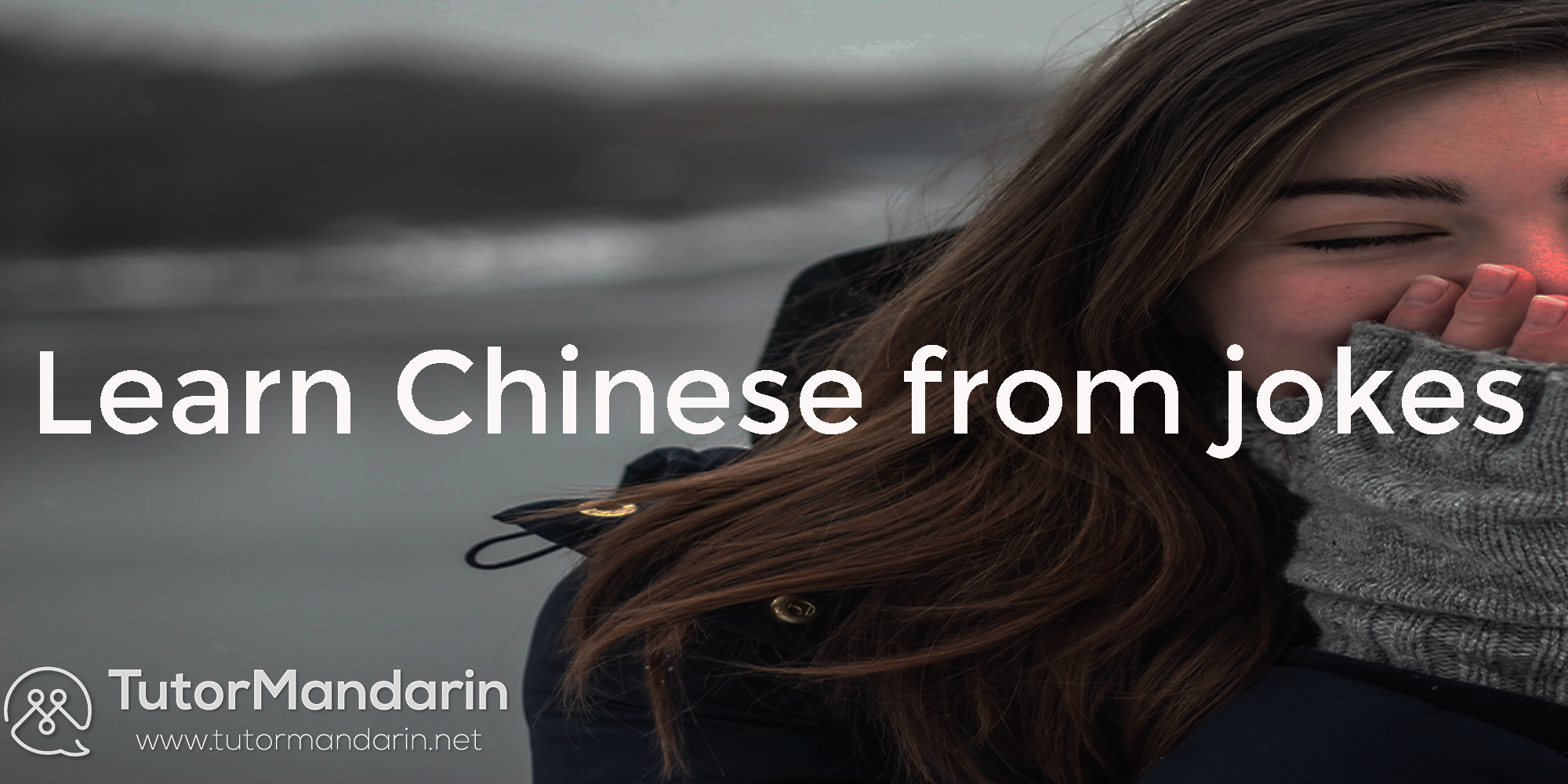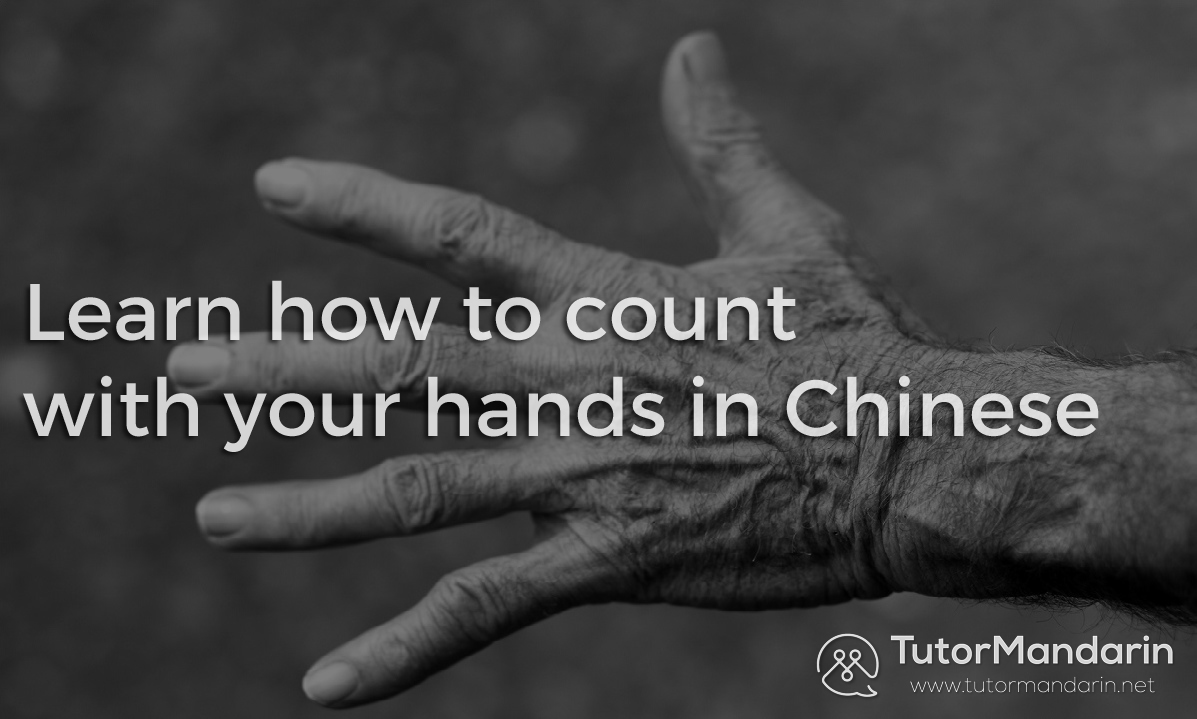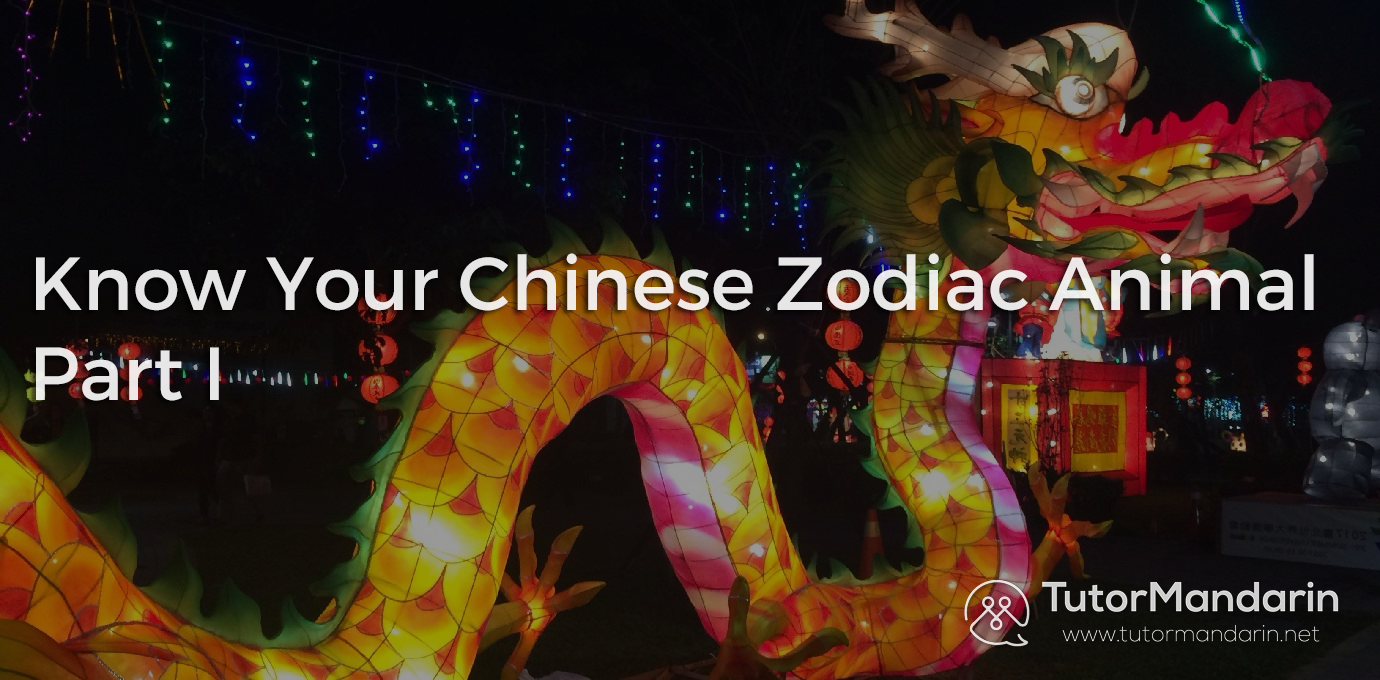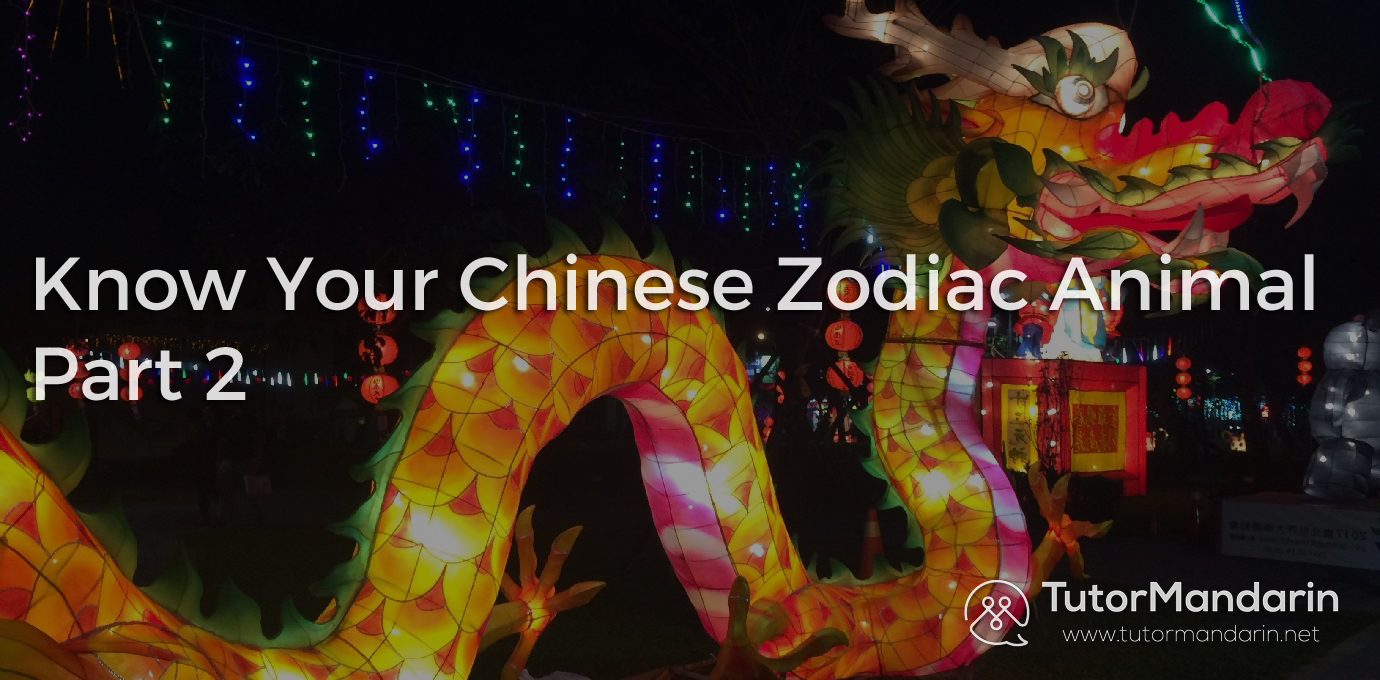
Contents
The Most Difficult Tongue Twisters Challenge
Using a lot of alliteration in sentences, tongue twisters are definitely a great way to practice and improve your pronunciation, accent, and fluency when learning the Chinese language. You would notice a remarkable improvement in your proficiency of language when practicing a few twisters every day. Today, we at TutorMandarin will try to teach you how to take a tongue twister (绕口令 rào kǒu lìng ) challenge in Chinese language learning with more confidence!
Even native speakers could end up biting their tongue while reading through the twisters. The essence of reading Chinese tongue twisters are to distinguish the tones and pronunciations. So, for those who messed up these, we strongly recommend you to enhance your basic skills first – learn Pinyin! At TutorMandarin we offer a professional Pinyin Course that helps to build your Chinese fundamental skills. And guess what: If you sign up for a FREE TRIAL, you will receive a link to download a whole package of useful learning material (including Pinyin) for free. Click right here and give it a try to learn Mandarin!
Okay…Let’s start the challenge for the hardest Chinese tongue twister today! Dare you?
Chinese Tongue Twister: The Teacher and The Rat
The difficulty about this tongue twist is about the two words lǎo shī (老师 – teacher), shū (书 – book) and lǎo shǔ (老鼠 – rat). The pronunciation of the words are similar and it seems like they are just different combinations of each other. Ready?
| Chinese | Pinyin | English |
| 老师爱书怕老鼠, … | Lǎo shī ài shū pà lǎo shǔ, … | The teacher loves the book (and) is afraid of the rat, … |
| 老鼠咬书怕老师, … | lǎo shǔ yǎo shū pà lǎo shī, … | the rat bit the book (and) is afraid of the teacher, … |
| 书爱老师怕老鼠, … | shū ài lǎo shī pà lǎo shǔ, … | the book loves the teacher (and) is afraid of the rat, … |
| 老师看书,
最怕老鼠来咬书, … |
lǎo shī kàn shū,
zuì pà lǎo shǔ lái yǎo shū, … |
the teacher read the book (and) is afraid of the book being bitten by the rat, … |
| 老鼠咬书,
最怕老师来看书。 |
lǎo shǔ yǎo shū,
zuì pà lǎo shī lái kàn shū。 |
the rat bit the book (and) is afraid of the book being read by the teacher. |
You think that’s easy? Try to speed up or read go on to our next example.
Chinese Tongue Twister: Being a Veggie
If you decide to give up meat and be a vegetarian, it can be pretty hard, especially at the beginning. So it seems quite fair, that a related tongue twist about counting the days as a vegetarian is also hard to master.
| Chinese | Pinyin | English |
| 初一吃素。
初二吃素。 初三吃素。 初四吃素。 初五吃素。 初六吃素。 初七吃素。 初八吃素。 初九吃素。 初十吃素。 |
Chū yī chī sù.
Chū èr chī sù. Chū sān chī sù. Chū sì chī sù. Chū wǔ chī sù. Chū liù chī sù. Chū qī chī sù. Chū bā chī sù. Chū jiǔ chī sù. Chū shí chī sù. |
Being a vegetarian on the first day.
Being a vegetarian on the second day. Being a vegetarian on the third day. Being a vegetarian on the fourth day. … … Being a vegetarian on the ninth day. Being a vegetarian on the tenth day. |
You can’t get enough? If your tongue still working? Ok, so let’s go…
Mandarin Tongue Twister: “4, 10, 14 and 40”
Maybe you have already heard about this tongue twist because it’s quite famous. Besides the combinations of the numbers sì (四 – four) and shí (十 – ten) with shì (是 – and), a lot of foreigners also have a problem to differentiate between sì (四 – four) and qī (七 – seven).
You think thats easy? Prove it.
| Chinese | Pinyin | English |
| 四是四,十是十。 | Sì shì sì, shí shì shí. | Four is four, ten is ten. |
| 十四是十四,四十是四十。 | Shí sì shì shí sì,
sì shí shì sì shí. |
Fourteen is fourteen,
forty is forty. |
| 谁要把十四说成四十就打谁十四。 | Shuí yào bǎ shí sì shuō chéng sì shí jiù dǎ shuí shí sì. | If someone slip the tongue making fourteen into forty, he will get hit. |
| 谁要把四十说成十四就打谁四十。 | Shuí yào bǎ sì shí shuō chéng shí sì jiù dǎ shuí sì shí. | If someone slip the tongue making forty into fourteen, he will get hit. |
| 十四
四十 四十四, 私自试一试。 |
Shí sì
sì shí sì shí sì sī zì shì yī shì. |
Fourteen,
forty, forty-four, you can try it once by yourself. |
Chinese Tongue Twister: “Catch the rabbit”
| Chinese | Pinyin | English |
| 一位爷爷她姓顾,上街打醋又买布。 | Yī wèi yéyé tā xìng gù,shàng jiē dǎ cù yòu mǎi bù. | A grandpa, whose last name is “gù”, went on the street to buy vinegar and cloth. |
| 买了布,打了醋,回头看见鹰抓兔。 | Mǎi le bù, dǎ le cù,huí tóu kàn jiàn yīng zhuā tù. | He bought the cloth and the vinegar (and) then saw there was an eagle catching a rabbit. |
| 放下布,搁下醋,上前去追鹰和兔, 飞了鹰,跑了兔。 | Fàng xià bù,gē xià cù,shàng qián qù zhuī yīng hé tù, fēi le yīng,pǎo le tù. | He laid down the cloth and the vinegar, and went on chasing after the eagle and the rabbit.
The eagle flew away (and) the rabbit ran away too. |
| 打翻醋,醋湿布。 | Dǎ fān cù,cù shī bù. | The grandpa flipped the vinegar (and) the cloth was soaked wet with the vinegar. |
Congratulations! You have just completed four Chinese tongue twisters! Can you still feel your tongue? Take a rest, and then… let’s start over again!
Sign up our free trial to learn Mandarin and download the Chinese App for more Chinese language materials and to learn Mandarin online.





